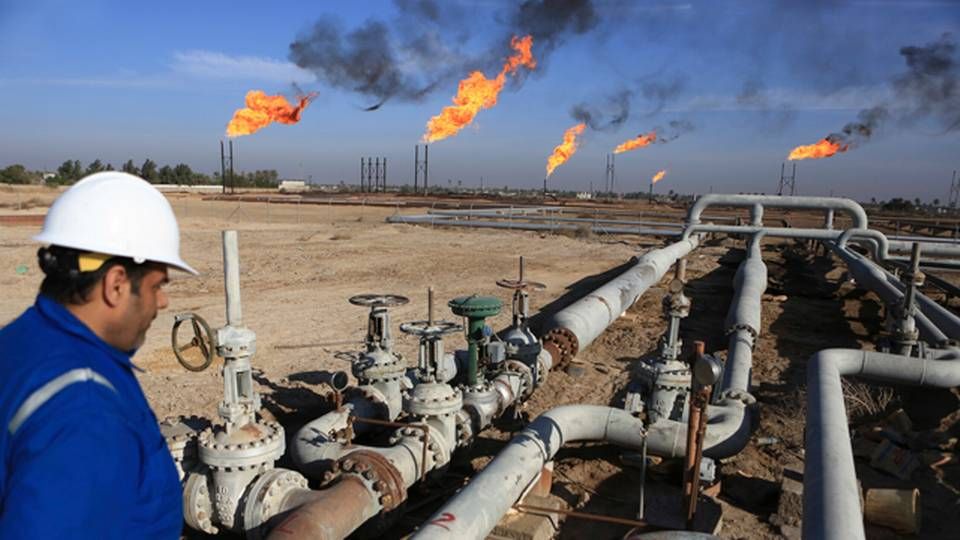Analyst: India to become world’s largest oil importer

India is about to take over China’s position as the world’s largest importer of oil. This is according to a new analysis from US-based consultancy Wood Mackenzie which forecasts the country will take over first place in 2024.
While most attention focuses on the timing of the global peak in oil demand, India’s consumption and need for the commodity only seems to increase.
Wood Mackenzie says the demand for oil in India will increase by no less than 3.5 barrels per day between 2017 and 2035.
According to the consultancy, India’s challenge is that the country’s refinery capacity is only at 400,000 barrels per day, which will naturally affect the demand for import and transport of crude oil as well as refined products.
“From a balanced position today, the public Indian companies and refineries owned by national oil companies will lack fuel for transportation until the mega 1.2 million barrels per day refinery, a planned joint venture between Indian public companies and Saudi-Arabian Aramco and ADNOC, initiate the production,” says Sushant Gupta, research director at Wood Mackenzie.
Great demand for capacity
And the need for capacity is huge, according to Gupta:
“We anticipate that India most likely will need new capacity of between 3.2 million and 4.7 million barrels a day towards 2035 to continue as self-sufficient in fuel for transportation. We are talking about 1.7 to 2 times as much future capacity as the current level. That is naturally a very big task.”
For many product tankers and chemical tankers, India is the possible solution to the market’s current decline.
According to the analysis, importing oil products, especially petrol, could be an alternative to establishing new capacity. It will result in more transportation to from the US and Europe that will potentially be burdened by overcapacity due to the decreasing oil consumption in these markets.
“Wood Mackenzie anticipates that the US and Europe will have a surplus of petrol due to a fall in the domestic consumption. It could create a match between the US/Europe and India for long-term petrol trade.”
English Edit: Ida Løjmand













